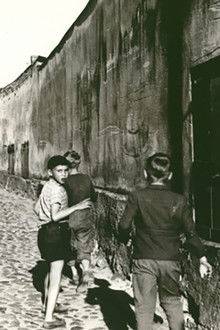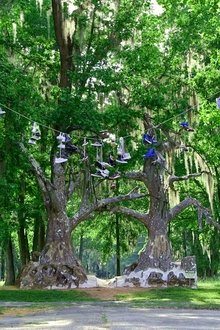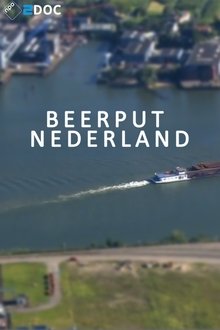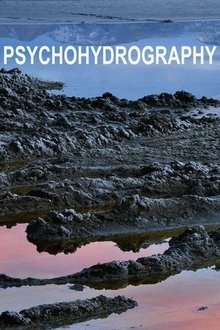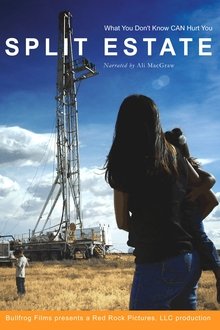An exploration of built and natural environments along the 800-mile length of the Trans-Alaska Pipeline.
Related Movies
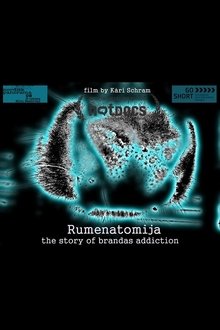
Rumenatomija: The Story of Brandas Addiction (2008)
Branda has hit rock bottom. Her addiction has spiralled so far out of control that medical intervention is the only option left. She's forced to confront her darkest demons in order to lick her deadly appetite, and must apply all 12 steps to her four stomachs - Branda is a cow addicted to eating plastic bags. It's easy to find humour and irony in Branda's toxic lifestyle, harder to admit that we're the ones being ridiculed.

American Scar (2021)
Dynamite blasts echo through canyons as construction for the southern border threatens flora and fauna for centuries to come.
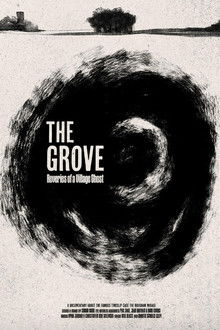
The Grove (2025)
Exploring the reports of a spectral mansion on the outskirts of Rougham, a village in the Eastern county of Suffolk. The film delves into local folklore surrounding these sightings as villagers recount their haunting experiences against the desolate backdrop of rural Britain. It reflects on themes of memory, place, and the fading tradition of oral storytelling, evoking the eerie atmosphere of a fractured England and our growing disconnect from the natural environment.

Heild (2014)
Iceland's first non-narrative full-feature film's focus is set on presenting Iceland in a way it has never been presented before, using various elements of high-end cinematography. There are places everyone knows, but there are also thousands of well hidden places. To find these locations one has to be adventurous or a local, and to capture them right, one has to be creative and extremely patient.

GasHole (2010)
Documentary film about the history of Oil prices and the future of alternative fuels. The film takes a wide, yet detailed examination of our dependence on foreign supplies of Oil. What are the causes that led to America turning from a leading exporter of oil to the world's largest importer?
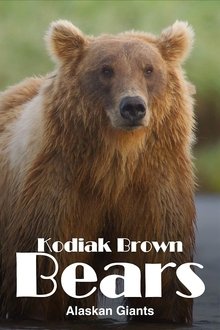
Alaska's Giant Bears (2023)
In Canada and Alaska, the consequences of global warming are being keenly felt by brown bears - but in different ways by different populations. Their survival depends mainly on the quantity of wild salmon available in the region, as it is the fruit of their catch that enables the bears to accumulate fat reserves for the winter. While salmon populations off Canada's Pacific coast continue to decline year after year, in the immense Bristol Bay in western Alaska, as well as on Kodiak Island, they are increasing considerably. The water temperature in the North Pacific is now ideal for salmon development. From Canada to Alaska, the documentary follows different bear populations over a two-year period.
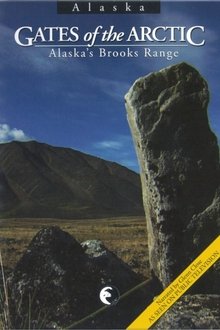
Gates of the Arctic (2008)
Glenn Close narrates this National Park Service movie about the many varied aspects of Gates of the Arctic National Park & Preserve. Shown at Morris Thompson Cultural & Visitors Center.
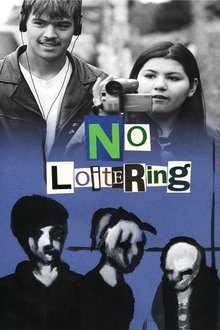
No Loitering (2002)
An intimate portrait of teenagers trying to understand their world and their possibilities. The film weaves together video shot by teens and by the filmmaker, as they work together to make a film and create expressive outlets for youth in the community. They organize dances and community events and paint a mural. At the same time, with humor and pathos, these young people raise issues around violence, feeling misunderstood by adults and lacking respect in their community. Set in the small town of Sitka, Alaska, home to a large Alaska Native population, the video chronicles their creativity, concerns and dreams.

Amazonia Inc (2019)
This documentary explores an unknown civilization of the Brazilian Amazon, who risk their lives to protect their forest. In order to save the exploitation of the environment by big corporations, they have to create legal institutions.
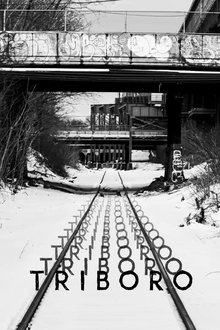
Triboro (2021)
A trip behind and beneath the street-level skin of the city on the hidden paths of industrial history and once-and-future transit.
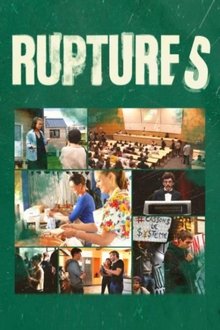
Ruptures (2021)
Their destiny was well mapped out: brilliant studies, the promise of a good job and a big salary. However, nothing happened as planned. Aurélie, Maxime, Hélène, Emma, or Romain are graduates of Polytechnique, Sciences Po, Centrale or business schools. They have made a radical choice: to give up the future they were promised for a life they consider more compatible with the environmental and societal issues of our time. This film tells their story. For a year, the young director Arthur Gosset, himself a student at Centrale Nantes, followed the journey of six young people, their sometimes difficult decisions, their often painful breaks and their courageous choice to live in accordance with their convictions, whatever the cost. Discover the documentary that tells their story.
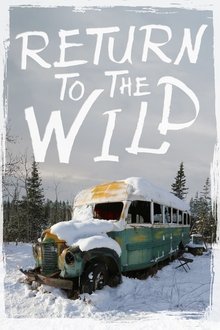
Return to the Wild: The Chris McCandless Story (2014)
Twenty years ago, a young American hiker named Chris McCandless, the accomplished son of successful middle class parents, was found dead in an abandoned bus in the Alaskan wilderness and became the subject of the best-selling book and movie “Into the Wild.” Now, PBS retraces Chris McCandless’ steps to try to piece together why he severed all ties with his past, burnt or gave away all his money, changed his name and headed into the Denali Wilderness. McCandless' own letters, released for the first time, as well as new and surprising interviews, probe the mystery that still lies at the heart of a story that has become part of the American literary canon and compels so many to this day.

Underdog (2021)
The curiously optimistic tale of Doug Butler—a hardscrabble Vermont dairy farmer who risks losing the only home he’s ever known to chase his dreams of dog mushing in Alaska.
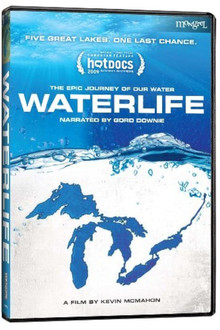
Waterlife (2009)
Waterlife is a documentary film about the Great Lakes that follows the flow of the lakes' water from the Nipigon River to the Atlantic Ocean. The film's goal is to take viewers on a tour of an incredibly beautiful ecosystem that is facing complex challenges.
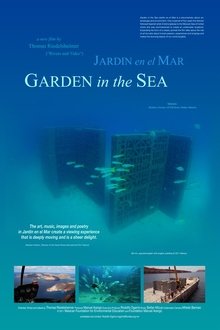
Garden in the Sea (2012)
Jardín en el Mar is the story of an exceptional project. Several years ago, a group of enthusiastic and committed people started to work for the protection of the Islands in the Sea of Cortez in Baja California Sur, Mexico. Thanks to this effort all the Islands became a UNESCO world heritage side, but the story of Espíritu Santo island is especially remarkable. It was bought back from different owners and donated to the people of Mexico for its conservation in perpetuity. To celebrate the success of all the efforts and to remind people of our close relation to the ocean, renowned Spanish artist Cristina Iglesias was asked to make a piece of art for the Island. Cristina decided to create a "Garden in the Sea", a labyrinth-like setting of various screens sunk into the sea, that nature will grow over, generating marine life.
